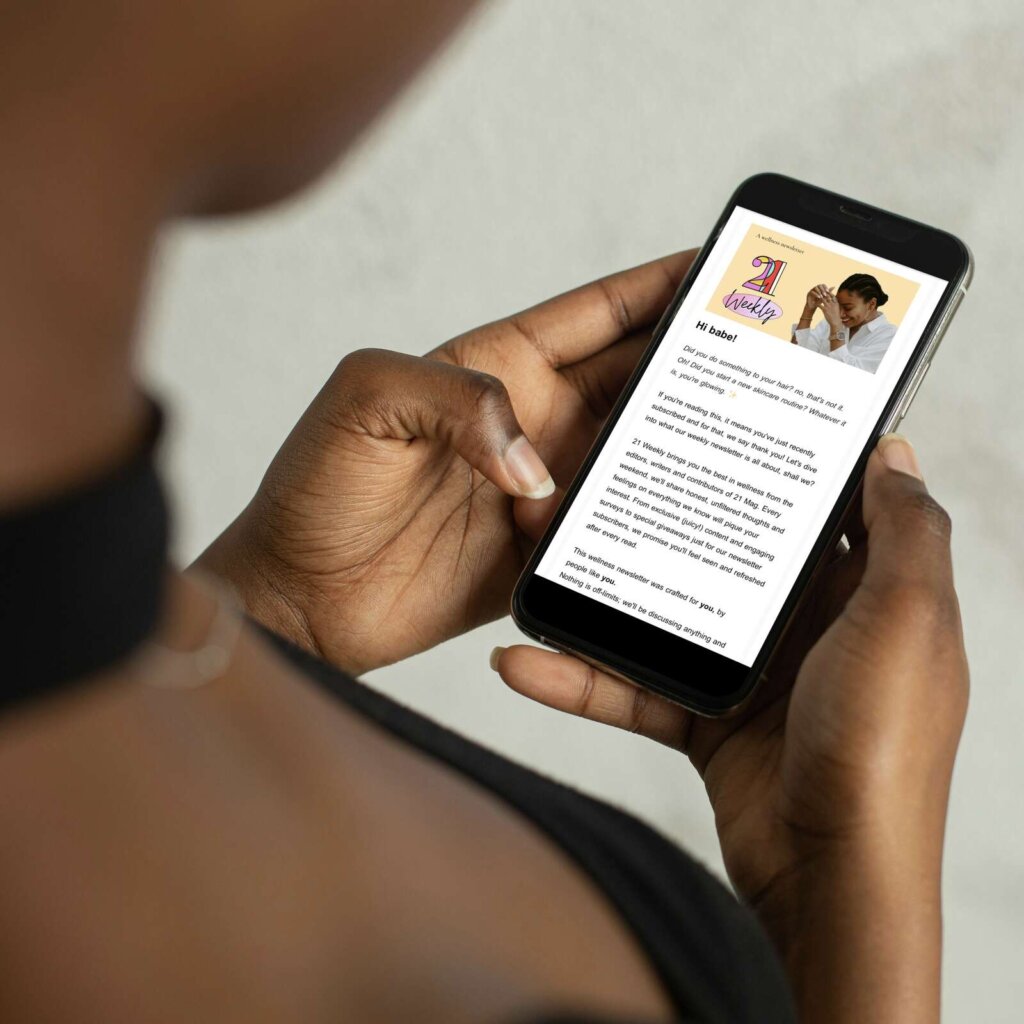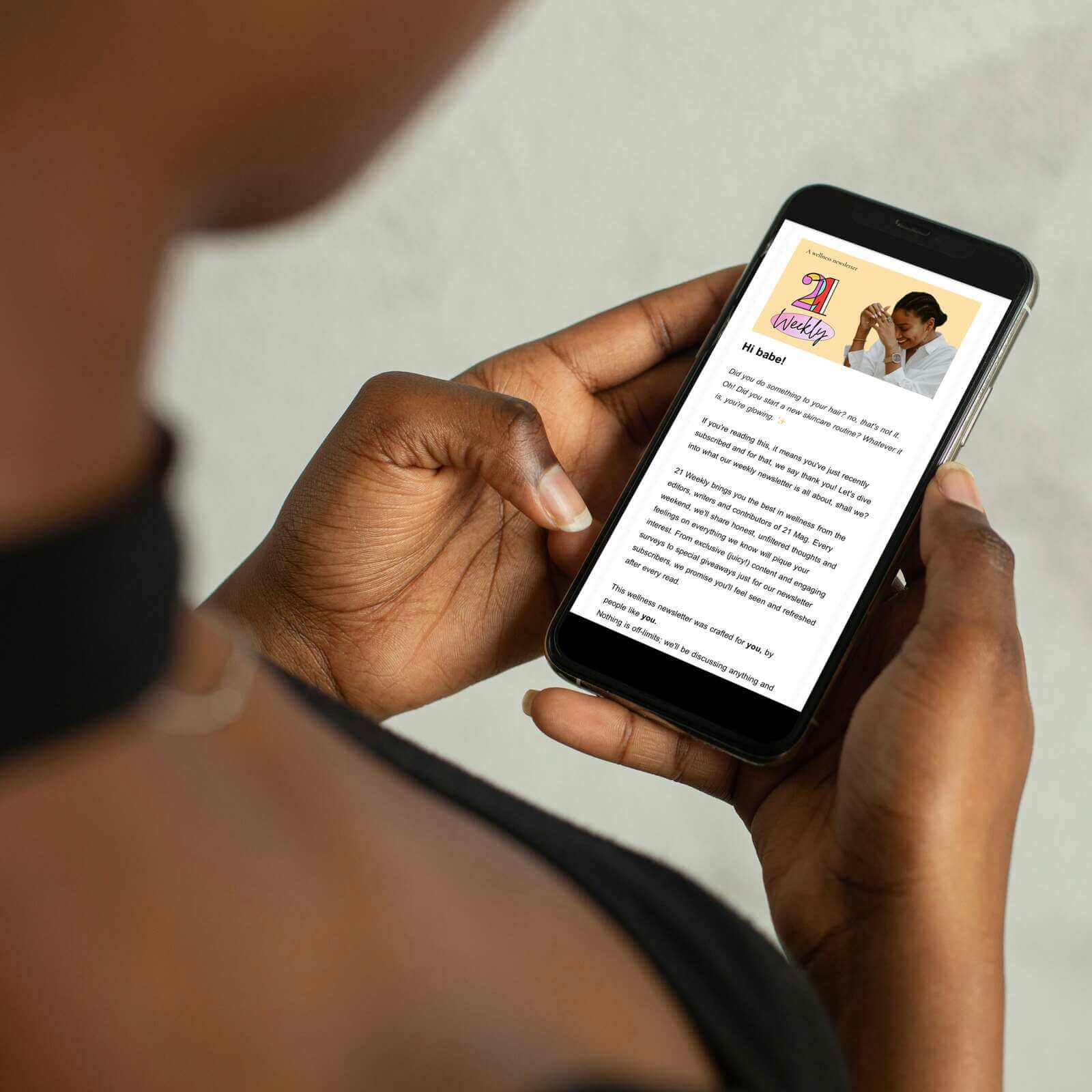No products in the cart.
Are You an Oversharer? Here are 5 Tips for Getting Over It
At its simplest, oversharing is revealing an inappropriate amount of personal information or details about one’s life to establish a bond or a sense of intimacy; it’s when you say more than is appropriate or necessary in a given situation or to a specific person.
Those moments where you realise that you’ve just given TMI can be particularly painful; so here’s an introspective guide to help you look inwards and determine if, like many of us, you’ve been guilty of oversharing too; it’s easy to do, and it’s something I’m sure many people can relate to in varying degrees.
- Are you addicted to intensity?
- Do you find yourself sharing more than intended upon meeting someone or online and then feeling regret after the fact?
- Do you often form shallow bonds that feel much stronger than they actually are until their inevitable end?
- Do you talk impulsively when nervous in an attempt to rein in your anxiety?
- Do you avoid cursory small talk and instead instantly reach for depth with people you just met?
- Do you over-explain and feel the need to be understood by everyone?
- Do you take up all the space in conversations and leave no room for listening?
- Do you ever find yourself telling strangers or acquaintances intimate, personal details from your life?
If you said yes to three of these or more, then I’m afraid you might be an oversharer.
We sometimes find ourselves telling all our business to strangers on the internet or forming supposed bonds with people we barely know because of the forced sense of vulnerability that sharing certain intimate details about our lives can bring. Thanks to social media, the boundary between public and private information is blurred, and even in our day-to-day lives, it’s not uncommon to find ourselves sharing things and then wondering why we did that later.
Sharing your confidential information and problems has become more socially acceptable, and that can be a great thing, but sometimes, certain levels of sharing could be to our detriment or may have the opposite of the desired effect when the oversharing scares people away instead of endearing them to the sharer.
Oversharing can be subconscious, compulsive or intentional. A person may not even be aware they’re oversharing, or in other cases, it may be to get people on their side, for attention, as a red herring to paint a picture of themselves in people’s minds or to get people to like and trust them even when that likeness or trust has not been earned. People can use oversharing as a form of fake vulnerability, a way of trying to build intimacy without actual or relational depth.
Oversharing can also be a telltale sign of some psychological issues like anxiety disorder or borderline personality disorder, and the first hint can be whether you can control your chatter or not. Social anxiety may lead to “self-control depletion”, where the more anxious we are, the less control we have over impulsive behaviours like oversharing. Do you find yourself in positions where the more you overshare, the more anxious you become, and the less able you are to stop chattering away? Then the solution to your oversharing may lie in addressing your anxiety or whatever else may be the underlying cause.
Social anxiety may mean you feel the need to share things to fit in. When you find yourself in uncomfortable situations, you try to talk your way out, only making things worse or sharing even more unintended or personal details.
A common assumption is that people overshare to try to get people to like them, but chronic oversharing can also be in a bid to push people away. People may use oversharing to wall themselves off from people, embellishing some details and hiding others or in an act of self-sabotage to ward people off them when they feel like they’re in danger of making an actual, authentic connection. It could be a way of avoiding intimacy where it is used as a shield, like, “I’m telling you all these deeply personal stories about me and experiences I’ve had to scare you away; these are all the bad things I’ve done, so you should probably avoid me.”
Where the desire is to foster connection with people, oversharing can create the impression of a deeper relationship than the one that actually exists between people. Loneliness can leave us connection-starved, and the need to feel connected can override our social skills. We may stumble over ourselves to befriend someone or earn their trust by sharing an onslaught of unwarranted information.
Do you find that the more you like someone, want to impress them, and want their approval, the more likely you are to barrage them with personal details and anecdotes? Then your oversharing may be born of a need to form bonds and relationships with people, and there are better ways to do that.
Sometimes, we need to vent and talk about a problematic situation to relieve tension, however, it is necessary to differentiate between being authentic, venting, and oversharing. What makes saying a thing oversharing is when you don’t have a deep enough connection with the person you’re sharing with or you’re opening up at an unsafe or uncomfortable time or place. Oversharing typically has less to do with what you say but more about who you say it to, when, why and how.
There can be a misconception that to be open and authentic you must share intimate details with everyone who asks, but that isn’t always the case. Authenticity is honest and vulnerable; oversharing can be overwhelming for the receiving party.
Oversharing is often to fast-track the relationship and rush depth and emotional intimacy before the relationship organically reaches that place. It could be with new coworkers, first dates, mutual friends, or strangers you meet in a situation of shared inconvenience— people you’re only just getting to know and may never otherwise develop a tangible bond with. It’s like an unsustainable cheat code to closeness that may make people wary of you.
Different relationships will naturally progress at different speeds, however, most relationships take time to attain depth. That time is necessary for forming lasting bonds and relationships of substance, so we must be willing to take a step back and let things progress as they should rather than force them.
People who struggle to read social cues and body language may have a harder time realising that they are oversharing in the moment and getting over their oversharing problem. An excellent way to tell if you’re oversharing is by gauging the reaction and disposition of your audience. Has the person you’re talking to started to look around more? Are they angling their bodies away from you or laughing nervously? Are they trying to change the subject or barely engaging? Then they may feel uncomfortable.
When you’re having a conversation it is important to be in tune with and considerate of the person you’re speaking with. Being a good listener is essential for rich conversation and forming substantial connections with people. When you take up all the space in a conversation by constantly sharing about yourself, it can push people away as opposed to making them like you. Listen intently, and be fully engaged in what the other person is saying so that you can ask good questions and respond to them well.
If your oversharing hides serious issues like severe anxiety, childhood trauma or borderline personality disorder, then professional support in the form of seeing a therapist, psychologist or counsellor is highly advisable to see real change.
Most of us know how it feels to overshare. We’ve cringed and felt regret over an embarrassing story we told at a party, or an awkward interaction with a coworker, or after sharing what we later realise is too much information with a stranger. Maintaining relationships and especially forming new ones can be hard, so we’re all bound to unwittingly overshare on occasion.

If you realise that you tend to overshare, here are five tips for potentially getting over it:
Journal
Instead of taking to your Twitter account or talking the ears off of some innocent passerby in your life, write down your thoughts and feelings when they feel so overwhelming that they may spill out. Sometimes, release and unburdening are what we need, and the desire to get things off our chest can be satisfied by journaling instead.
Listen and Ask Questions
Asking questions and giving others room to talk about themselves in conversation is a way to be more intentional about what you share while giving other people room to share as well. Be cautious not to pressure someone else to share more than they’re ready to by asking them overly personal questions, but pay attention to what they’re saying so you can ask appropriate follow-up questions and steer the conversation in a way that’s mutually enriching.
The key to this is genuine interest and not just a desire to say something and impress them. Pay attention to how you’re feeling, whether the information you’re sharing is of concern or interest to the person you’re talking to and how they react to what you’re sharing. Time and place are also of the essence. For example, if you’re at a networking event, start by asking them about their work. If they’re at a social event, make small talk and see where it goes. Participate more actively and intentionally in conversations.
Wait and Process
If you’re worried that you might be oversharing online or via text, set the message aside for an hour and then re-read it with a clear mind. Think before you speak and be more cautious of what you share. You may ask yourself, “Why am I telling this person this?” “Is it their business?”
Find Your Triggers
Are you anxious, lonely, or trying to make connections? Recognise your real intention for oversharing and the root cause, and then you may begin to address them when they surface.
Change the Topic
If you feel the conversation leads to a topic you don’t want to share too much about, shift the conversation to something else. You can do this by asking questions or telling an unrelated story or joke to steer the conversation in another direction.















